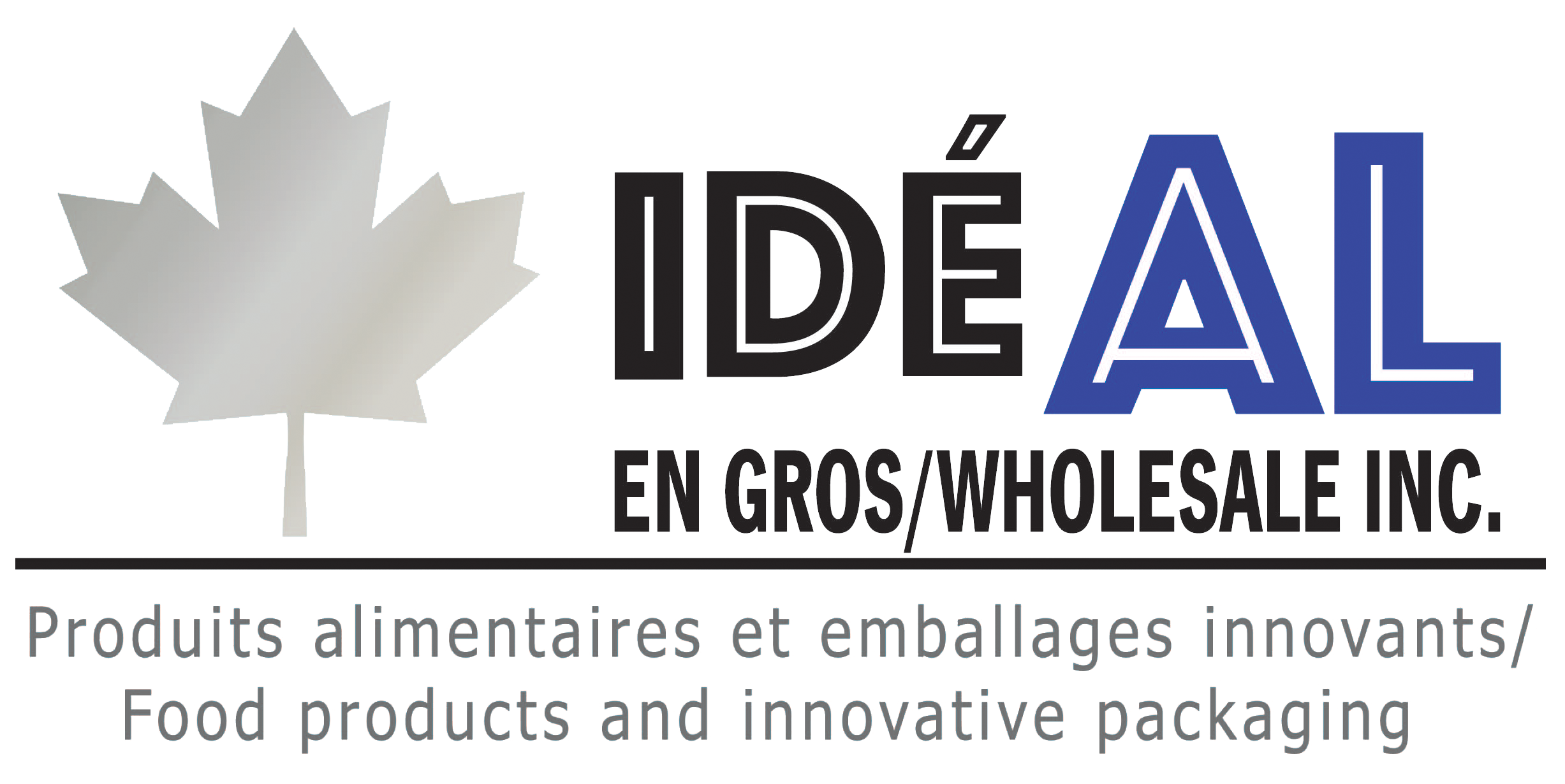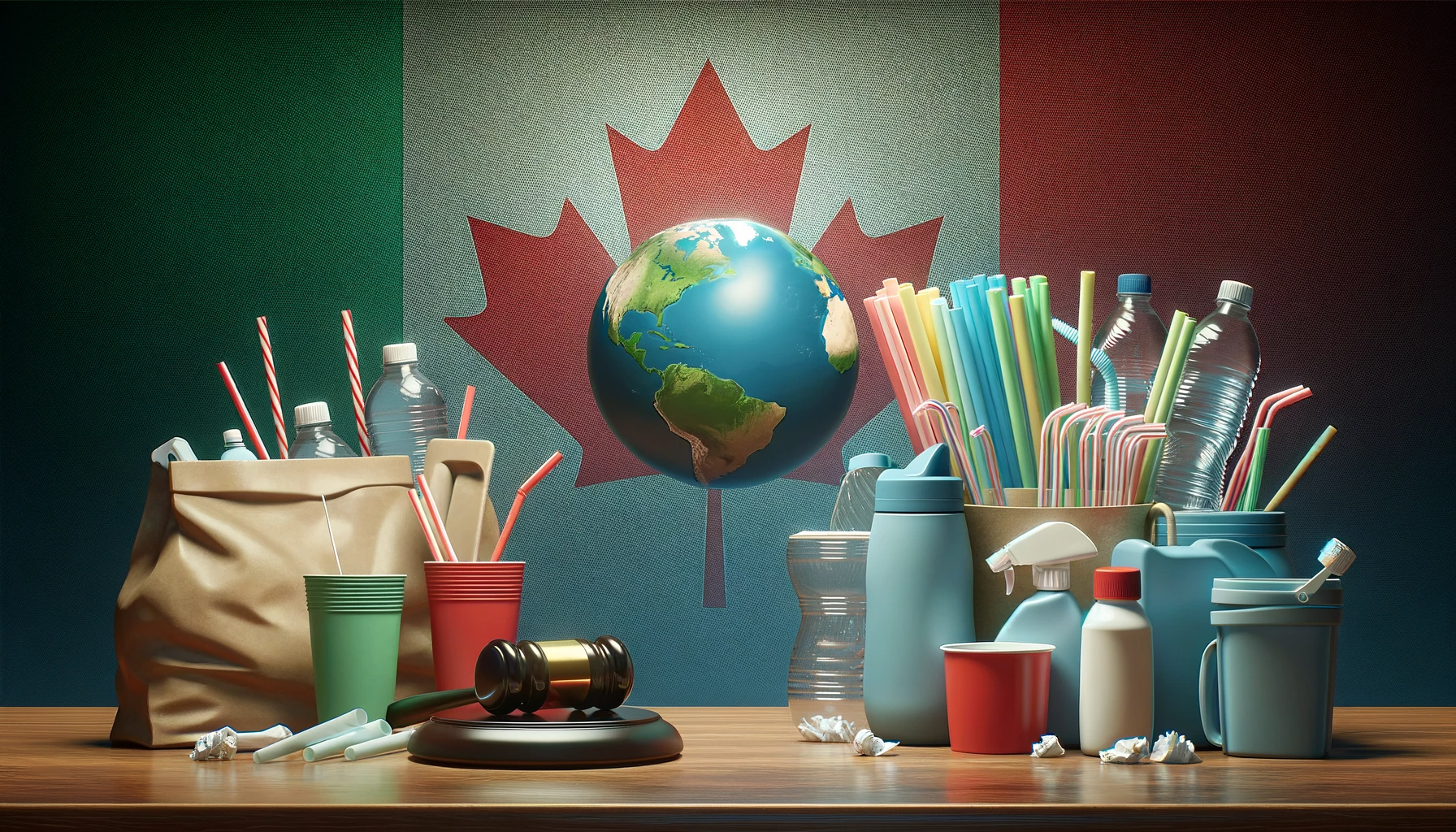Guide to the New Regulations on Single-Use Plastics
Regulatory Context and Implications for Businesses
The Canadian government has adopted the regulation banning single-use plastics, an initiative aimed at reducing plastic pollution and encouraging more sustainable business practices.
Cet article vise à éclairer les entrepreneurs et les propriétaires d’entreprises sur les aspects cruciaux du règlement et sur la manière de s’y conformer efficacement.
Overview of the Plastic Regulation
Categories of Prohibited Single-Use Plastic Items
The Regulation specifically targets six categories of plastic products:
- Shopping Bags
- Utensils
- Food Containers containing certain types of plastic
- Beverage Packaging Rings
- Stir Sticks
- Straws
Environmental Objectives
The main goal is to prevent plastic pollution, especially in natural environments, and to promote a circular economy where resources are reused and recycled more efficiently.
Implications of the Eco-Responsible Law in Businesses
Manufacturing, Importation, and Sale
- Manufacturing and Importation : Prohibition on producing and importing the aforementioned single-use plastic items.
- Sale : The restrictions also apply to the sale of these products, both in physical stores and online.
Exemptions and Exceptions
Certain exemptions are granted, particularly for the temporary export of these products. However, businesses must be vigilant about the duration of these exemptions.
Business Responsibilities
Compliance and Risk Management
Businesses must not only cease producing, importing, and selling the prohibited items, but they must also ensure that their supply chains comply with these new standards.
Record Keeping and Monitoring
Accurate record-keeping and documentation of business activities related to these products are essential to demonstrate compliance with the Regulation.
Adaptation and Opportunities for an Eco-Responsible Shift
Adaptation Strategies
- Seeking Alternatives : Businesses must search for and adopt sustainable alternatives to single-use plastic products.
- Innovation and Development : This can also be an opportunity for innovation and the development of new products.
Support and Resources
- Government Resources : The government offers resources and guidelines to assist businesses in this transition.
- Support Programs : Financial support programs or incentives may be available to facilitate adaptation.
Guidance Documents and Fact Sheets on the Regulation
- Technical Guidelines for the Regulation Prohibiting Single-Use Plastics
- Guide for Selecting Alternatives to Single-Use Plastics as Defined by the Regulation
- Fact Sheet: Regulation Prohibiting Single-Use Plastics
- Fact Sheet: Exceptions for Single-Use Flexible Plastic Straws
Effective Dates
To allow the industry to adapt to the changes, the Regulation will be implemented gradually.
| Item | Manufacturing and Importation for Sale in Canada | Sale | Manufacturing, Importation, and Sale for Export |
|---|---|---|---|
| Shopping Bags, Utensils, Food Containers, Stir Sticks, Straws* | December 20, 2022 | December 20, 2022 | December 20, 2022 |
| Beverage Packaging Rings | June 20, 2023 | June 20, 2024 | December 20, 2022 |
| Flexible Straws Packaged with Beverage Containers | Not Applicable | June 20, 2024 | December 20, 2022 |
*Single-use flexible plastic straws that are not packaged with beverage containers are exempt from the prohibitions under certain conditions.
Conclusion on Reducing Single-Use Plastics in Businesses
Commitment to a Sustainable Future
This regulation represents a significant shift towards more sustainable and eco-friendly business practices. It is crucial for entrepreneurs to deeply understand these new regulations, adapt to them, and see them as an opportunity to actively participate in environmental protection and position themselves advantageously in an increasingly eco-conscious market.

